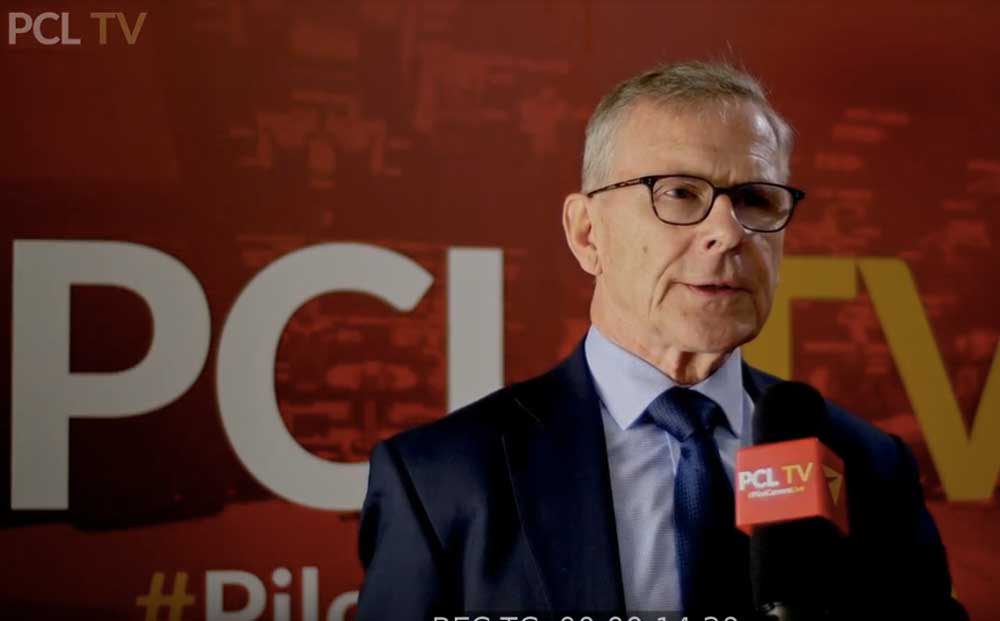
This is a summary of the talk given by Dr Chris King, Medical Director of the Centreline Aeromedical Centre in London at the Pilot Careers Live trade fairs.
Please note, the views expressed in the article are those of Dr King and Centreline and not necessarily the CAA or EASA.
Get your medical done in good time. Only about half of applicants get their medical certificate on the day as often additional investigations and reports are required and this takes time, weeks or months. If any underlying medical condition preclude you from flying, you also have the chance to change your career options.
General points
EASA medicals are “regulatory medicals”. Clinical medicine is when you are unwell or are suspected of being unwell and you see your GP or go to hospital.
The EASA class 1 medical is an “occupational health medical” and subject to supra-national regulations.
The CAA discourages discussion of individual medical issues prior to the medical as these are deemed “medical consultations” and must be entered on the CAA IT system at the time of the medical.
Complete details on the medical standards are obtainable at www.caa.co.uk/medical.
We and the CAA recommend that you do not alter any of your medical treatment or undergo any surgical procedure in order to obtain a medical certificate.
You must be aware of non-disclosure of medical details and you are only permitted by law to have one class 1 medical assessment by one EU state.
Your initial class 1 medical can only be undertaken at an Aeromedical Centre such as Centreline in London.
Get your medical done in good time. Only about half of applicants get their medical certificate on the day as often additional investigations and reports are required and this takes time.
Complex medical issues are deferred to the CAA for their decision. Any extra costs incurred are your responsibility.
You cannot start your training without a valid medical certificate so get it done in good time before you make definitive career choices.
What happens before the medical?
Once you decide to have a medical contact us and arrange a date: 01293 775336 or [email protected] for appointments.
Prior to booking, we send out an email containing everything you need to know about the medical process. Read it carefully and read it again!
Please allow all day for your medical. Bear this in mind when booking transport. Be patient, remember you are about to enter a safety critical environment and the CAA/EASA want to know about your behaviour.
On the day of your medical, arrive in good time, you do not need to be fasted.
You will need to bring your passport as photo ID, and you will be entered on the CAA IT system.
Bring any relevant hospital or GP reports. Reports must be as stipulated by CAA and in English or an authorised professional translation.
You need to complete and sign (in presence of doctor) the Med160 form which is a legal document.
The questions on the Med160 form are “have you ever had”. We need to know about laser surgery, asthma, psychiatric problems, medication, scars and or any other medical issues.
You will undergo:
- Height and weight measurement
- Urine dipstick
- Audiometry (hearing test),
- Spirometry (breathing test)
- ECG (heart tracing)
- Blood tests for anaemia and cholesterol.
- Drug and alcohol screening
- Psychological assessment
- Complete physical examination.
- Full optometry (eye assessment check with colour vision testing). If you fail the colour vision, we have advanced colour vision testing available on site.
At the end of your medical, it is either issued or deferred pending additional medical reports (for which there is an extra charge).
What happens after the medical?
- a) If your medical was not completed as additional reports are required
On receipt of reports your medical is either issued or deferred to the CAA for their opinion. If refused, you have the right of appeal via the CAA.
- b) If your medical was completed
Your medical is valid for 12 months from the date of the medical.
If you become ill during the period your certificate is valid you must inform Centreline, the CAA no longer speaks to pilots about medical issues.
In conclusion
Have a structured stepwise approach to your medical. Check the CAA website for medical standards www.caa.co.uk/medical. Read the information we send you. Collect all relevant reports from your GP and specialists. Complete form med 160 (but do not sign).
Be organised. Obtain all your previous medical information.
Be honest. The CAA takes a strong view on non-disclosure and may prosecute.
Be patient. It takes time to collate all the information and the CAA to review it. You are not their only concern!!
